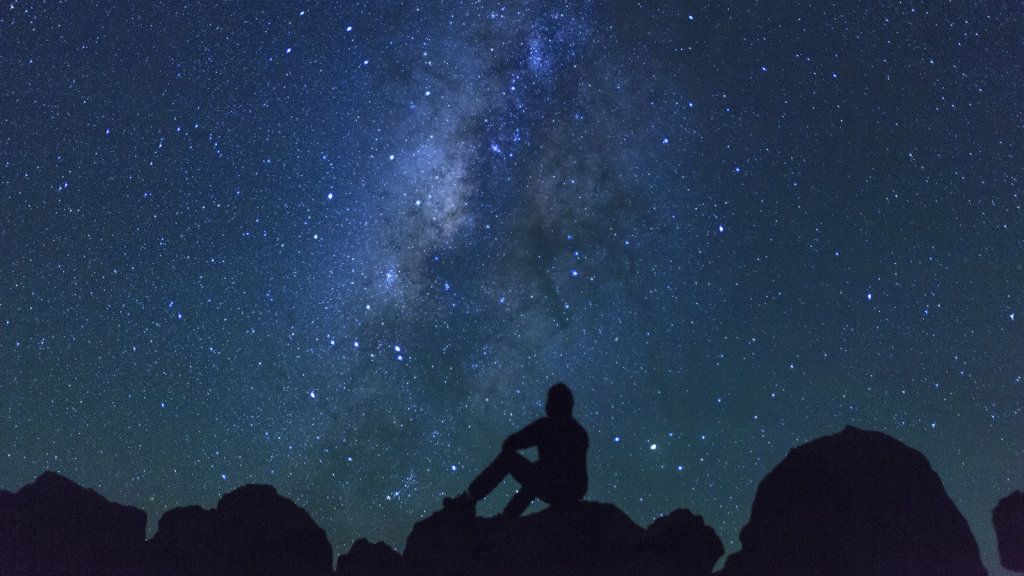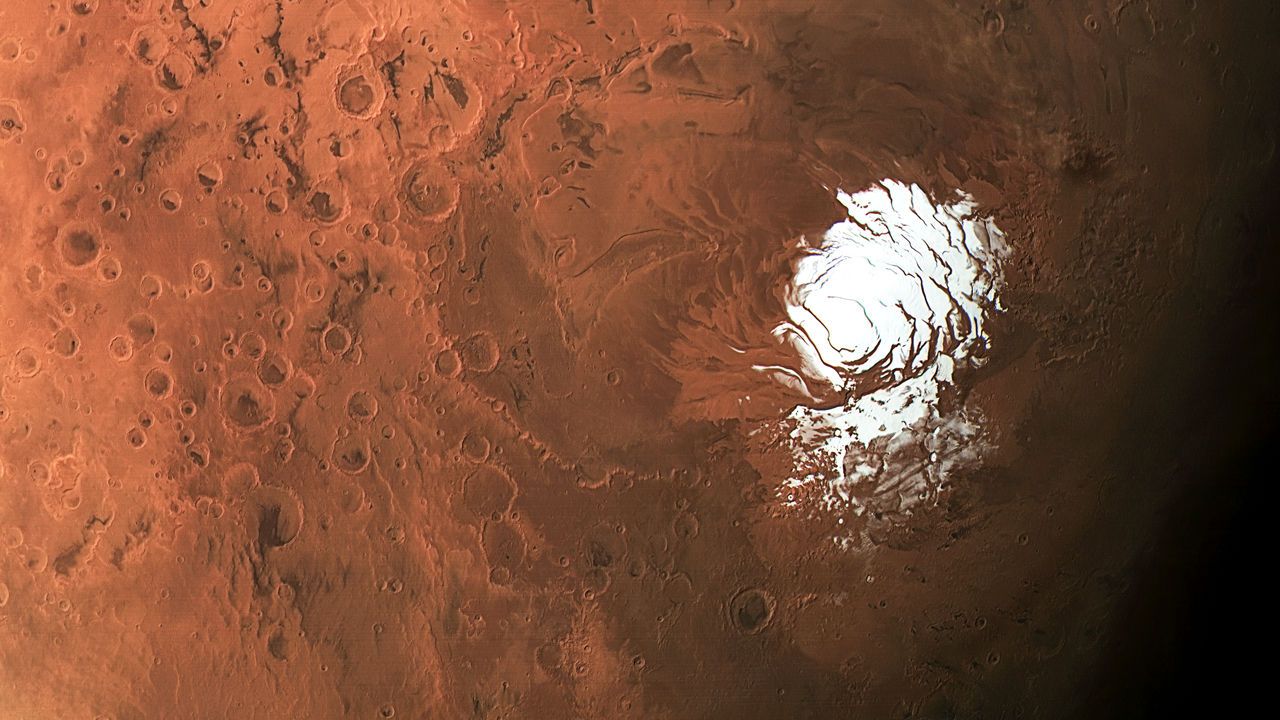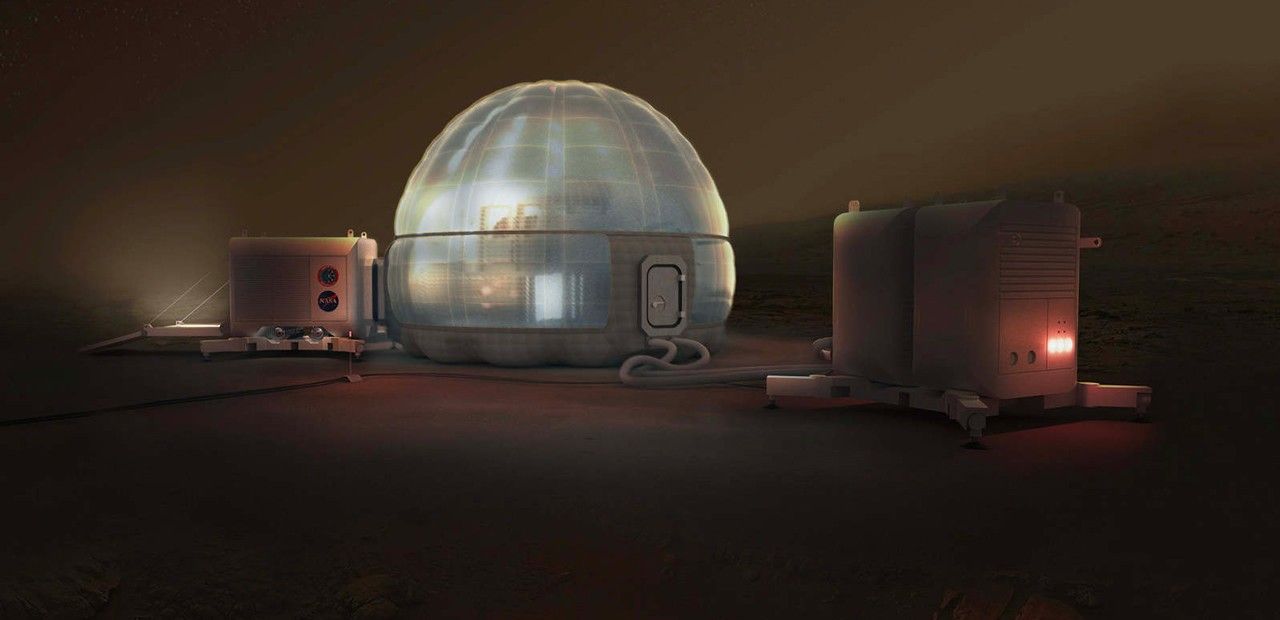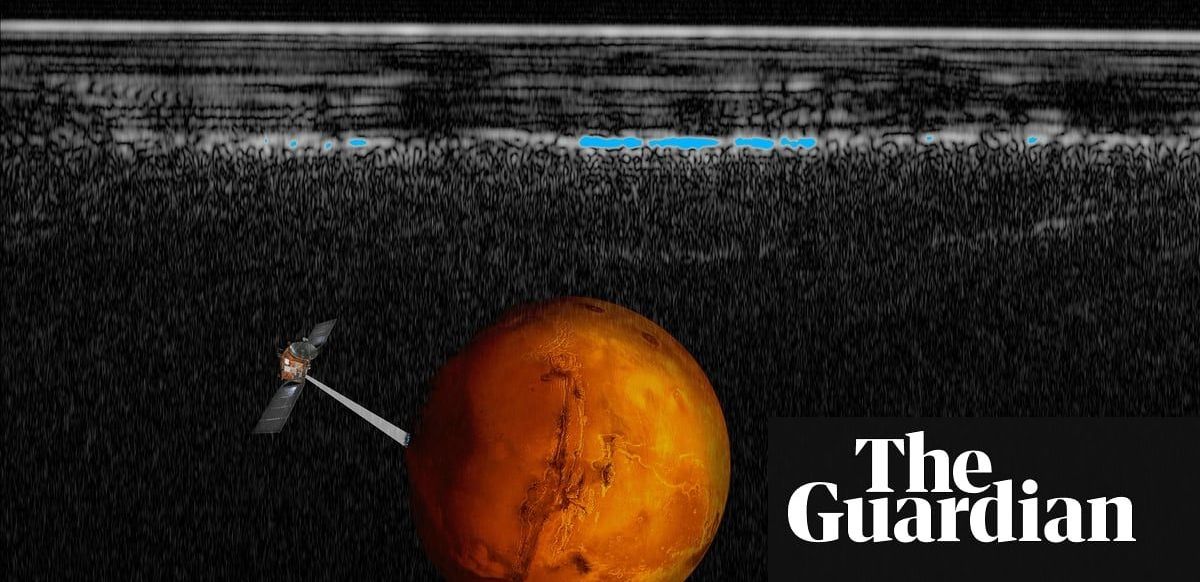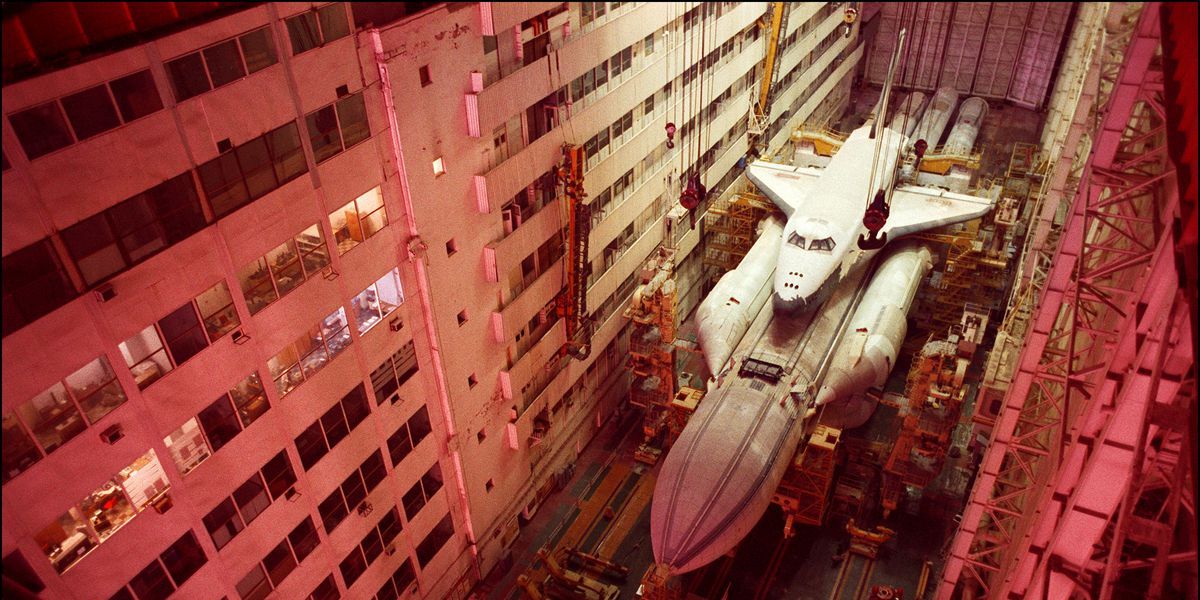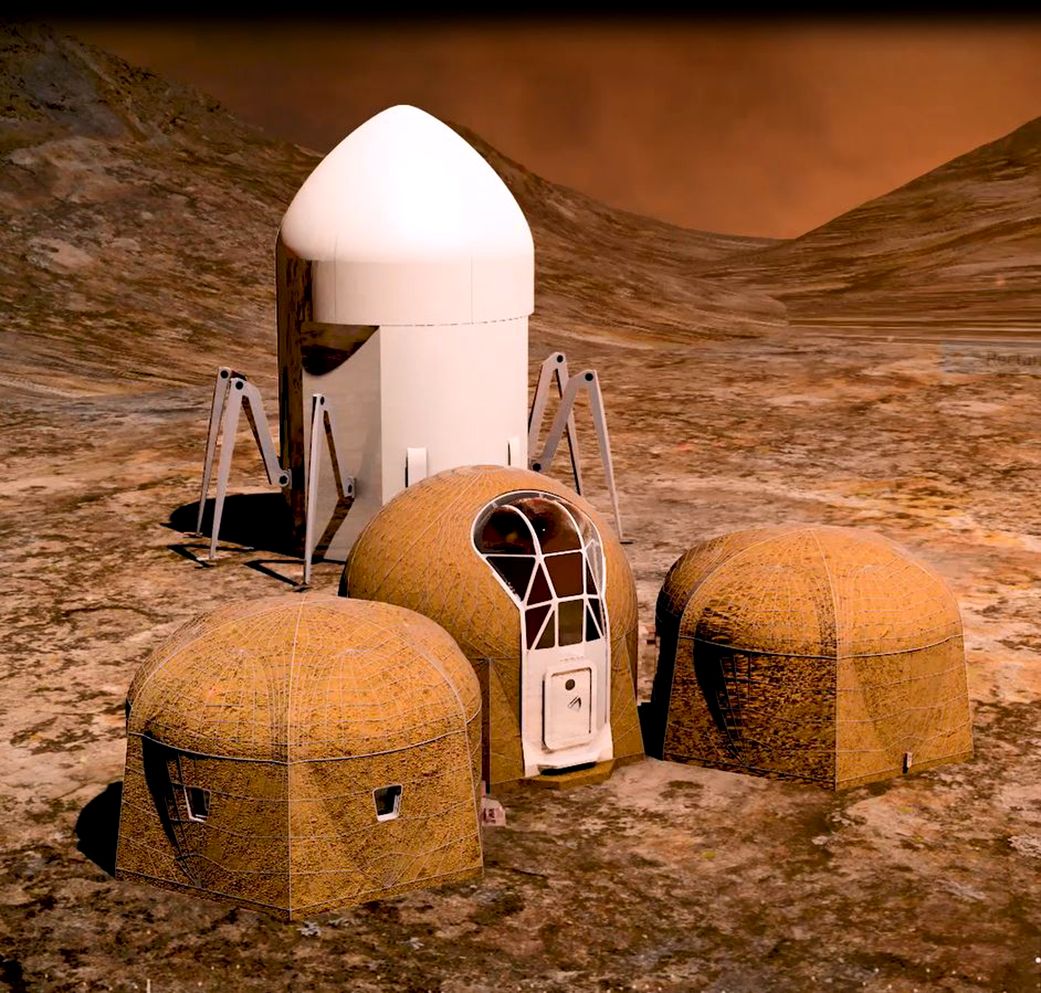Honeybee Robotics has been working on a Planetary Deep drill. It has been tested to a depth of about 100 feet (30 meters). The plan has to been to have the lightweight system reach kilometers of depth. This would be able to reach the liquid Lake on Mars.
The Planetary Deep Drill is a wire-line drill designed to reach miles below extraterrestrial surfaces. The lightweight drill meets the payload and excavation requirements required to reach far below the icy surface formations of Mars, Enceladus or Europa.
The drill is four meters tall (13 feet) and has a a diameter of 6.4 centimeters (2.5 inches). The Planetary Deep Drill also features motors, electronics and sensors to operate its tungsten carbide tip pounds into ice and rock at over 250 revolutions per minute.
